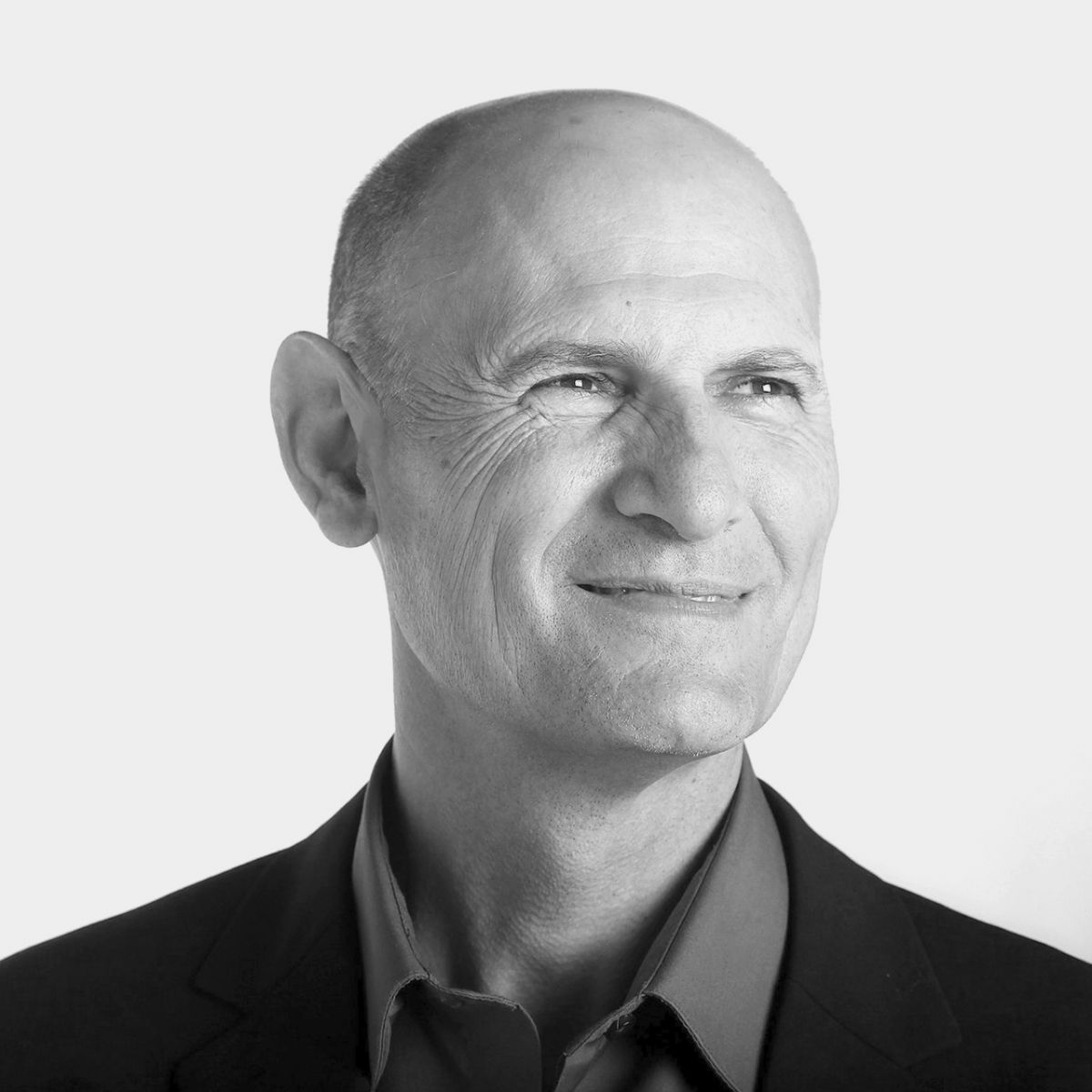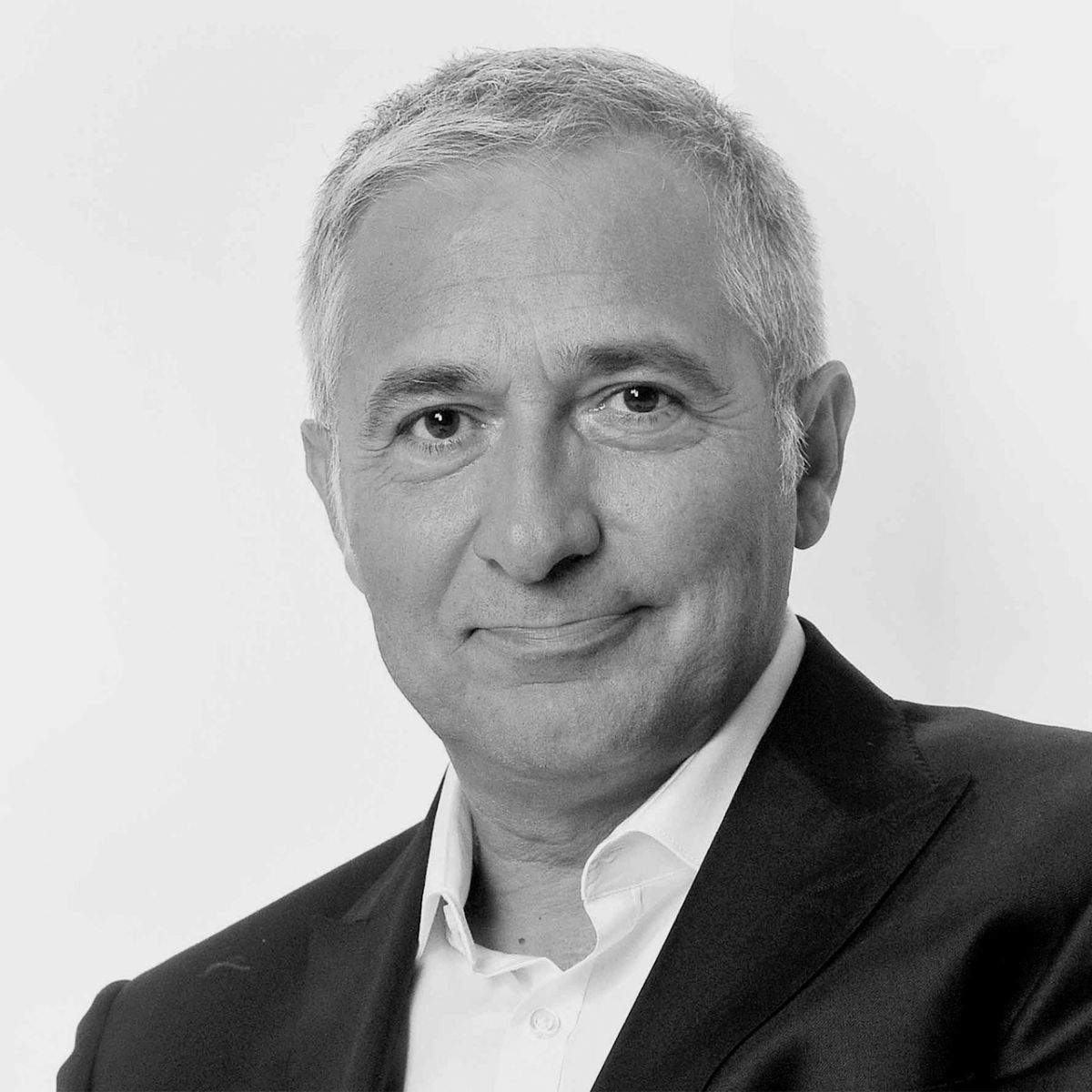Actividades
Conversations in Salamanca: Juan Carlos Izpisua Belmonte

Conversations in Salamanca: understanding the ageing process
If a subject is important for society, its analysis must be shared and its understanding encouraged by the whole population in order to strengthen and legitimize all the efforts that have to be made in the search for the most appropriate answers.
Therefore, bringing together the knowledge of those scientists who are at the forefront of research and sharing reflections, questions and answers with them is, without a doubt, a priority commitment for the International Centre on Ageing (CENIE).
From CENIE we are interested in the ageing of the population in all its aspects, knowing that we are facing a universal phenomenon, because the way in which the passage of time affects the different capacities of people is similar in different cultures; it is a process, which in its most primary conception, passes through the same stages, which may be more or less prolonged in time.
It is the people who work in these fields and seek positive responses for the benefit of society that star in "Conversations in Salamanca: understanding the ageing process", are relevant scientists, whose dedication and perseverance require the recognition and support of society, are Exceptional people that belong to the group that defines the following statement:
"Success is always preceded, of worrying more than what others consider wise, of taking more risks than others think is safe, of dreaming more than others think is practical, of expecting more than others assume that it is possible, and to strive more than what others consider necessary. "

Juan Carlos Izpisua Belmonte
Director of the Gene Expression Laboratory Roger Guillemin Chair
Born on December 16 in Hellín, Spain. Bachelor of Pharmacy, University of Valencia. Doctor`s degree from the University of Bologna, (Italy), and from the University of Valencia. Guest doctor at the University of Marburg, (Germany), European Molecular Biology Laboratories (EMBL) Heidelberg, (Germany), University College London and Oxford University, (England) and University of California, Los Angeles, (United States). He was Director of the Center for Regenerative Medicine in Barcelona. He is currently working at the Salk Institute, La Jolla, (United States) and at the University of California at San Diego, (United States).
It is a major catalyst in one of the most promising areas of biomedicine: regenerative medicine. His work is helping to discover new molecules and specific genetic / cellular treatments to prevent and cure diseases that affect humanity in both adult and embryonic stages.
His observations have been key to elucidate the cellular and molecular bases of tissue / organ regeneration. His early work was crucial to understanding the fundamental genetic and cellular principles that govern the development of vertebrates and the regeneration of organs and tissues. They formed the basis from which he has constructed conceptual discoveries and new methodologies for regenerative medicine, which include:
- Seminar discoveries to understand the molecular basis underlying the reprogramming of somatic cells.
- New methodologies for the differentiation of human stem cells in various types of cells and organoids, such as the kidney.
- Proof of concept that iPSC technology can be used for the generation of specific cells from patients with corrected disease with potential value for cell therapy.
- Development of technologies that allow the differentiation of human cells within embryos of different species. These results can allow the regeneration of human tissues and organs.
- Development of new models of human ageing stem cells and diseases associated with ageing, and discovery of new ageing engines.
- New genetic and epigenetic technologies to treat and prevent the transmission of diseases originating in mitochondrial and nuclear DNA.
He has received multiple awards and honors in recognition of his professional work.

Xavier Sardà
Journalist
Xavier Sardà holds a degree in Information Sciences from the Autonomous University of Barcelona. After his beginnings as a musical chronicler in several newspapers such as Catalunya Express, Avui, El Noticiero Universal or Mundo Diario, with 19 years he obtained a scholarship in Radio Nacional de España in Barcelona. There he created the character of Mr. Casamajor, the sometimes cantankerous grandfather, but with a great wisdom that played the role of a listener of Ràdio 4. In RNE he carried out several jobs before being appointed as the head of programming for Radio Nacional en Cataluña in 1989.
In that station he made his debut in 1984 as a collaborator in the programme Midnight Train, directed by José Miralles and presented by Jorge López Pedrol. Then he led, from 1987 to 1991, the programme La Bisagra. In 1992 Mr. Casamajor and he joined the SER network to collaborate in the programme Hoy por Hoy by Iñaki Gabilondo. A year later he signed up for the station and together they presented, from 1993 to 1997 the programme La Ventana.
Meanwhile, he began to work in television, presenting Juego de niños (TVE, 1990), Olé tus vídeos 2 (FORTA, 1992-1993), Betes and films (TV3), Tot per l'audiència (TV3), Sembla Lied (TV3), Todos somos humanos (Antena 3, 1996) and Moros y cristianos (Telecinco, 1997). From 1997 to 2005 he directed the Crónicas Marcianas programme, which was broadcast by Telecinco. After the end of the programme Crónicas Marcianas he voluntarily retired from television, returning in May 2007 with the travel programme Dutifrí, also in Telecinco.
After renewing his contract with the chain for three years, at the beginning of 2008 he collaborated in the contest "Tú sí que vales", as a jury, although he left it to focus on the second season of Dutifrí, broadcast between April and July of that year.
In April 2009, La Tribo premiered on Telecinco. One year later, in June 2010, he premiered the Infiltrados space in the same channel.
In September 2010, he joined the radio programme Julia on Onda Cero with "El Gabinete".
After several years of absence, he returned to television on Antena 3, to an interview programne called ¡Perdone!, premiered in April 2012.
In September 2013 he returned to Telecinco, as a collaborator in the programme of Jordi González, in El gran debate.
Currently collaborates in the program Al rojo vivo of La Sexta directed by Antonio García Ferreras.
